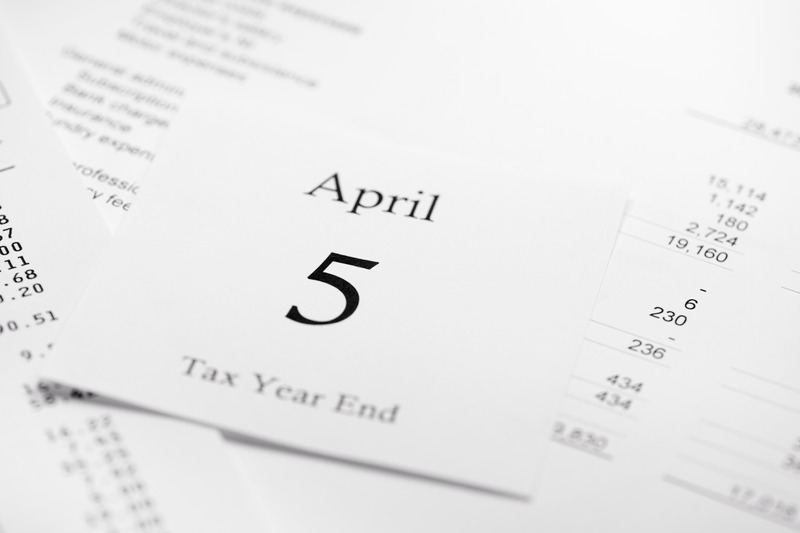Navigating the Basis Period Reform
Attention sole traders and partners in a trading partnership: if you have historically drawn up your annual accounts to a date other than 31 March or 5 April (or any date in-between), then this blog is for you!
Our tax team have compiled, for you, a list of frequently asked questions which aim to provide clear guidance on the reform that came into effect on 6 April 2023. Not all the points listed will apply to you, but please do not hesitate to contact us should you wish to discuss your own unique circumstances. We will be more than happy to assist you.
What exactly is the Basis Period Reform?
Back in October 2021, HMRC published a policy paper in which they announced that from 6 April 2024, taxable profits will be aligned with the tax year rather than the accounting period, with the 2023/24 tax year being the year of the transition. Previously, profits were assessed on a ‘current year’ basis: the profits taxable in a tax year were those relating to the accounting period ending in that tax year. From 6 April 2024, the new basis will be a ‘tax year’ basis and so every year your taxable profits will relate to the period 6 April to 5 April (or any date falling between 31 March – 4 April), regardless of when your businesses accounting period ends.
My accounting date is 31 December. How will my 2023/24 taxable profit be made up?
Your 2023/24 taxable profit will consist of two profit figures: the standard profit for the accounting period that will be taxed as normal, so for the period ended 31 December 2023 and the transition profit that will encompass the remainder of the tax year, 1 January 2024 to 5 April 2024. This means that you will need two sets of accounts, up to 31 December 2023 and 31 December 2024. The transition profit will need to be apportioned based on the profit for the whole of the accounting period ended 31 December 2024. You will also be allowed to estimate the transition profit, but HMRC will require final figures to be submitted once your accounts have been drawn up.
This means that my 2023/24 tax bill may be very high. What can I do to reduce the tax payment?
You will be able to reduce your transition profit by using any overlap profits you may have brought forward. Overlap profits may have arisen when you first commenced trading and if so, they will have already been taxed twice. If you do not have your overlap profit figure, please do not worry as we can obtain this from HMRC for you. It is very important for all sole traders and partners to make sure they have utilised all overlap profits on their 2023/24 tax returns, as the profits will be lost from 5 April 2024! Any losses, whether brought forward, arising during the standard profit period or the transition profit period will help reduce the taxes due.
What if, after applying overlap profit relief, the remaining transition profit is still very high?
HMRC have stated that at least 20% of the transition profit will need to be taxed in 2023/24. The remainder of the profit will be taxed over the next four years. Depending on your circumstances, you may wish to tax a higher proportion of the profits in 2023/24 (or one of the later years), leaving a smaller balance to be taxed over the remaining years. This may be beneficial for various reasons, one example being that a successfully growing business may wish to tax a higher proportion of their transition profits in the earlier years, ensuring that they stay within the basic rate tax bracket for as long as possible.
We can provide you with information and tax estimates to help you make the right choice.
What if I am planning to cease trading before or on 5 April 2027?
Any remaining transition profit not yet taxed will come into charge in the year in which your business ceases.
Shall I change my accounting date to 31 March or 5 April 2024?
Changing the date may remove the need to prepare two sets of 12-month accounts and potentially having to include estimated transition profits. A period longer than the usual maximum of 18 months will be allowed, even where there has already been a change in the last five years. This may also remove some of the administrative burden when Making Tax Digital for Income Tax comes in on 6 April 2026. For most businesses, we believe changing your accounting date will be the preferred route, however, any change should be considered from a wider commercial perspective.
Will the transition profit have an impact on other aspects of my tax returns?
- Capital Allowances will be unaffected as it will simply be the taxable profit (so after capital allowances) that will be apportioned to the tax year.
- Your tax-free Personal Allowance will be unaffected by the transition profit. However, your transition profit may fall into a higher tax rate. If the transition profit has been spread over five years, this may be the case in each of the five years depending on your other income.
- Student Loan Repayments will be affected by the reform meaning potentially higher repayments due to an increase in taxable trade profits.
- Transition profits will be disregarded when calculating the High-Income Child Benefit Charge.
- Transition profits will not affect Pension Annual Allowances.
- The rates at which Capital Gains Tax is charged will remain unaffected by the transition profit.
In summary, navigating the Basis Period Reform requires careful consideration of individual circumstances and our knowledgeable tax team are here to help you by providing guidance, support and advice tailored to your specific circumstances.
As always, our team are here to answer any questions you may have. Please do contact us if you have any questions or call us on 01276 61203
 Stewart & Co Tax Team
Stewart & Co Tax Team

